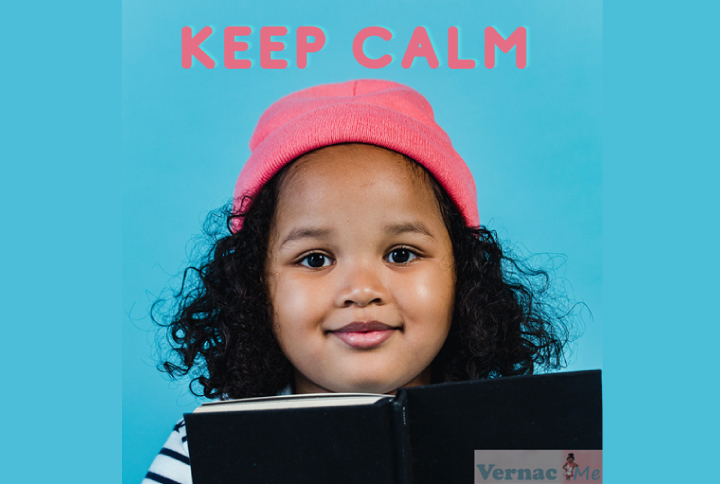If you and your partner speak Vernac languages, you might want your children to grow up learning these languages!
Raising multilingual or bilingual children has many benefits. It can improve communication and bonds in your immediate and extended family.
I started Vernac Me for this very reason. I come from a Sepedi Background and married into a TshiVenda family. When my husband and I had our 2 girls, we wanted them to learn both our home languages. After searching for months for a school or extra lessons with no success, I started Vernac Me.
Vernac Me is more than a language school for children, we are passionate about our heritage and cultures and embed this in all that we do. Our VernacManiacs begin their language journey with English as the basis to ensure that we start them from where they are most comfortable and work on building their home language vocabulary from there.
A tip for all our Vernacmaniac Moms and Dads is to continue to support your child’s multilingual or bilingual development through play, community activities and everyday activities at home.

- Patience is an important element.
Continue to speak to your child in your home language, even if they respond back in English. Many parents get discouraged when this happens however please remember that language development is both understanding and communicating. Many of us may be able to hear another language and understand but not be able to speak it. So understanding is also an important part of the language development journey.
- Pronunciation, Pronunciation!
Someone once said speaking with an accent is a sign of bravery. This is the same when your child is learning to speak another language, they may struggle to pronounce the words correctly but the fact that they try and are brave enough to try should be celebrated. Many parents and family members mock or discourage the child when in fact they should celebrate and encourage the child. See this as bravery and be proud of your child for trying
- Play and games.
Read and tell stories in your home language, and encourage your child to join in. Dress-up and be creative. Play games in your home language, especially games that focus on home language learning, like the Vernac Me board games which can be purchased on our website.
4. Sing songs, dance and play music in your language.

Children love music, and melody is a great way to help them remember things. Play traditional songs and listen to the radio station that broadcasts in your home language. In South Africa we are very lucky that our radio stations cover the majority of our home languages.
- At Home
Think about what your child is interested in – for example, soccer, music, TV shows, cooking and so on. Try incorporating your home language into these interests. For example, you could find your child’s favourite recipe and cook it together using only your home language. Watch movies or sport in your home language – for example, through satellite TV or online streaming services.
- Extended Family activities
If it’s possible for you, visit relatives, family members and communities where people speak your home language the most. This will boost your child’s interest in the culture and ability to speak the language. Many parents feel shame for their children when they interact with cousins and family members who speak their home language more fluently than their child; this is nothing to be ashamed of and should be encouraged.
Even if your child is not fluent enough and doesn’t respond back to family members in the home language, the interaction and being in an environment where many people are fluent in the home language is very beneficial for your child’s home language learning journey. So never sit out those family gatherings and always take your children so they can learn from other family members.
7. Get the community involved.

programs that support your child’s use of your home language. Organise playtime with other children who speak the same home language. Look out for cultural activities that you and your child can do together to tap into your family’s cultural heritage and identity. Heritage Day is a widely celebrated day of culture in South Africa so look out for activities that you can do as a family.
For all our Vernacmaniac Moms and Dads, remember that every step in getting your child to learn your home language is a step worth taking so enjoy the journey with your child and sign them up to our services and awesome games and books at Vernac Me.
Look for schools, child care centres or multilingual and bilingual.


Leave a Reply